 This young woman is changing the world and she is inviting us to be part of the change. It is a great resource book.
This young woman is changing the world and she is inviting us to be part of the change. It is a great resource book.
“Having curated Yale Climate Connections’ monthly bookshelf collection since early 2015, I was acquainted with over 1,000 books and reports that address climate change in some way . . . The Climate Book is the most ambitious, wide-ranging, and hard-hitting collection I have ever encountered.” —Yale Climate Connections
“The urgency to act now, to kick the addiction to fossil fuels, practically jumps off the page to punch you in the gut. So while not a pleasant read—it’s quite stressful—it’s a book I can’t recommend enough.” —Science News
“Stuffed with charts and graphs and photos . . . the book is sure to educate. . . . Hopefully billions of people read The Climate Book and enough of them rise up to demand change.” —Associated Press
“Impressively, in The Climate Book, Thunberg and team—which includes well-known names like Margaret Atwood, George Monbiot, Bill McKibben and Robin Wall Kimmerer—explain and offer action items in 84 compelling, bite-size chapters . . . The cumulative impact on my understanding of the crisis through [the book’s] data, cross-cultural reflections, and paths for step-by-step change became mesmerizing.” —NPR.org
“Impassioned . . . Thunberg gathers essays from scientists, journalists, and activists, starting with lucid and accessible explanations of the science of global warming and its possible effects . . . A comprehensive and articulate shock to the system.” —Publishers Weekly
“An urgent collection of writing by leaders in the fields of science, engineering, history, philosophy, and activism . . . Brilliant and alarming . . . Vital reading for anyone who cares about the planet.”—Kirkus(starred revie
“[A] sweeping compendium of essays contributed by more than 100 academicians, authors, environmentalists, and journalists whose specific professional expertise or profound humanitarian concern amplifies the existing science surrounding this crisis of sustainability and ecology. Yet among this esteemed roster of recognized voices, it is Thunberg’s own eloquence that elevates the collection with introductory essays for each section that convey a sense of urgency that is genuine, grounded, and unimpeachable.” —Booklist (starred review)
Greta Thunberg was born in 2003. In August 2018, she started a school strike for the climate outside the Swedish Parliament that has since spread all over the world. She is an activist in Fridays for Future and has spoken at climate rallies across the globe, as well as at the World Economic Forum in Davos, the US Congress, and the United Nations.

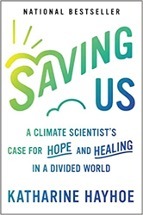
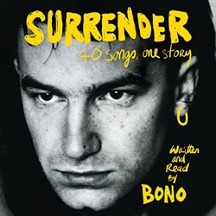
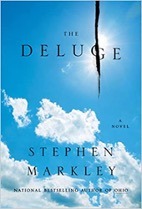
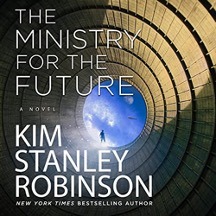
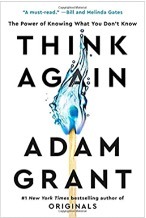 Think Again is a remarkable book by Adam Grant. It is a wonderful tool to help people rethink things – learning the art of questioning our own opinions while learning to be open to other ideas. One of Grant’s guiding principles is priceless: “Argue like you’re right but listen like you’re wrong.” Bill and Melinda Gates promote the book by saying: “Think Againis a must-read for anyone who wants to create a culture of learning and exploration, whether at home, at work, or at school. With warmth and humor, Adam Grant distills complex research into a compelling case for why each of us should continually question old assumptions and embrace new ideas and perspectives. In an increasingly divided world, the lessons in this book are more important than ever.” As the church begins the process of re-gathering, this book is an insightful guide for how to move forward. Find it at your favorite bookstore or
Think Again is a remarkable book by Adam Grant. It is a wonderful tool to help people rethink things – learning the art of questioning our own opinions while learning to be open to other ideas. One of Grant’s guiding principles is priceless: “Argue like you’re right but listen like you’re wrong.” Bill and Melinda Gates promote the book by saying: “Think Againis a must-read for anyone who wants to create a culture of learning and exploration, whether at home, at work, or at school. With warmth and humor, Adam Grant distills complex research into a compelling case for why each of us should continually question old assumptions and embrace new ideas and perspectives. In an increasingly divided world, the lessons in this book are more important than ever.” As the church begins the process of re-gathering, this book is an insightful guide for how to move forward. Find it at your favorite bookstore or 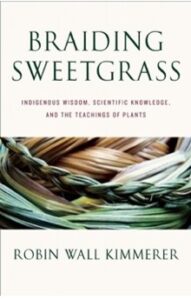 Robin Wall Kimmerer’s essay collection, Braiding Sweetgrass, is an example of a rarity in the book business. It was published in 2013 by a little- known publishing house Milkweed Editions. It did not have a large-scale marketing campaign, but word of mouth recommendations catapulted it into a long-time stint on the New York Times best-sellers’ book review. Kimmerer, a botanist and member of the Citizen Potawatomi Nation, describes the book as “an invitation to celebrate the gifts of the earth.” She postulates about why her message is resonating right now: “When we’re looking at things we cherish falling apart, when inequities and injustices are so apparent, people are looking for another way that we can be living. We need interdependence rather than independence, and Indigenous knowledge has a message of valuing connection, especially to the humble.” A review in Forbes magazine said: “this book is a must read for moving into our future. The author has given us a profound perspective of history, restoration, reciprocity, responsibility and hope. If we take only what we need and find ways to restore what we do take, we can take care of the earth and she will take care of us.” This book seems to truly be a gift from God for the living of these days. Find it at your favorite bookstore or
Robin Wall Kimmerer’s essay collection, Braiding Sweetgrass, is an example of a rarity in the book business. It was published in 2013 by a little- known publishing house Milkweed Editions. It did not have a large-scale marketing campaign, but word of mouth recommendations catapulted it into a long-time stint on the New York Times best-sellers’ book review. Kimmerer, a botanist and member of the Citizen Potawatomi Nation, describes the book as “an invitation to celebrate the gifts of the earth.” She postulates about why her message is resonating right now: “When we’re looking at things we cherish falling apart, when inequities and injustices are so apparent, people are looking for another way that we can be living. We need interdependence rather than independence, and Indigenous knowledge has a message of valuing connection, especially to the humble.” A review in Forbes magazine said: “this book is a must read for moving into our future. The author has given us a profound perspective of history, restoration, reciprocity, responsibility and hope. If we take only what we need and find ways to restore what we do take, we can take care of the earth and she will take care of us.” This book seems to truly be a gift from God for the living of these days. Find it at your favorite bookstore or  Making a Poem is a book that has been around for a while, but nevertheless seems apropos for the current time. Miller Williams was an American contemporary poet and teacher. He was a professor at LSU, having been recommended for the job by Flannery O’Connor. Later he taught at the University of Arkansas. He produced over 25 books and won several awards for his poetry. He was the third poet to read at an inaugural event when he read his poem “Of History and Hope” at Bill Clinton’s second inauguration. Williams sometimes collaborated with his daughter Lucinda, an acclaimed folk and country musician, and has been compared to another great country musician. “One of the best things that has ever been said about my work was said by a critic who wrote that ‘Miller Williams is the Hank Williams of American poetry. While his poetry is taught at Princeton and Harvard, it’s read and understood by squirrel hunters and taxi drivers.’” Making a Poem is a book of insightful essays for those who love poetry and even those who don’t. His first essay in the book gives hint of such delightful wisdom. Its title is “Nobody Plays the Piano, but We Like to Have It in the House.” Find it at your favorite bookstore or
Making a Poem is a book that has been around for a while, but nevertheless seems apropos for the current time. Miller Williams was an American contemporary poet and teacher. He was a professor at LSU, having been recommended for the job by Flannery O’Connor. Later he taught at the University of Arkansas. He produced over 25 books and won several awards for his poetry. He was the third poet to read at an inaugural event when he read his poem “Of History and Hope” at Bill Clinton’s second inauguration. Williams sometimes collaborated with his daughter Lucinda, an acclaimed folk and country musician, and has been compared to another great country musician. “One of the best things that has ever been said about my work was said by a critic who wrote that ‘Miller Williams is the Hank Williams of American poetry. While his poetry is taught at Princeton and Harvard, it’s read and understood by squirrel hunters and taxi drivers.’” Making a Poem is a book of insightful essays for those who love poetry and even those who don’t. His first essay in the book gives hint of such delightful wisdom. Its title is “Nobody Plays the Piano, but We Like to Have It in the House.” Find it at your favorite bookstore or 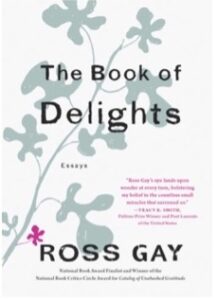 Ross Gay’s The Book of Delights is an intelligent, uplifting book of essays – some as short as a paragraph; some as long as five pages. Gay wrote the book’s essays over the period of a year, one each day, for the simple reason that he thought it would be nice to write about delight every day. The handful of rules he set out for himself included composing the essays quickly and writing them by hand. The book’s essays might first be seen as “contemporary lite,” but they are far from that. They are attentive explorations into the gifts in the world around us, and are absolutely delightful. Find it at your favorite bookstore or
Ross Gay’s The Book of Delights is an intelligent, uplifting book of essays – some as short as a paragraph; some as long as five pages. Gay wrote the book’s essays over the period of a year, one each day, for the simple reason that he thought it would be nice to write about delight every day. The handful of rules he set out for himself included composing the essays quickly and writing them by hand. The book’s essays might first be seen as “contemporary lite,” but they are far from that. They are attentive explorations into the gifts in the world around us, and are absolutely delightful. Find it at your favorite bookstore or 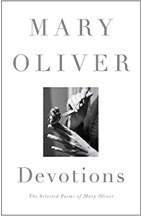 Mary Oliver is one of America’s beloved poets. This Pulitzer prizewinner’s book, Devotions, is her own personal selection of her best work that has spanned more than fifty years. With literary brilliance she helps us see the world around us and the powerful connections of all living things. As one reviewer has noted, “Part of the key to Oliver’s appeal is her accessibility: she writes blank verse in a conversational style, with no typographical gimmicks. But an equal part is that she offers her readers a spiritual release that they might not have realized they were looking for . . . She tends to use nature as a springboard to the sacred, which is the beating heart of her work. Indeed, a number of the poems in this collection are explicitly formed as prayers, albeit unconventional ones.” Oliver once said, “Attention is the beginning of devotion.” She’s right, and thank God for her (D)devotions. Find it at your favorite bookstore or
Mary Oliver is one of America’s beloved poets. This Pulitzer prizewinner’s book, Devotions, is her own personal selection of her best work that has spanned more than fifty years. With literary brilliance she helps us see the world around us and the powerful connections of all living things. As one reviewer has noted, “Part of the key to Oliver’s appeal is her accessibility: she writes blank verse in a conversational style, with no typographical gimmicks. But an equal part is that she offers her readers a spiritual release that they might not have realized they were looking for . . . She tends to use nature as a springboard to the sacred, which is the beating heart of her work. Indeed, a number of the poems in this collection are explicitly formed as prayers, albeit unconventional ones.” Oliver once said, “Attention is the beginning of devotion.” She’s right, and thank God for her (D)devotions. Find it at your favorite bookstore or 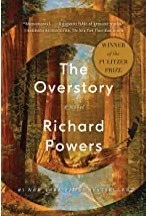
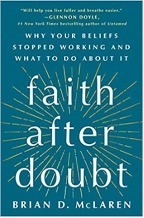
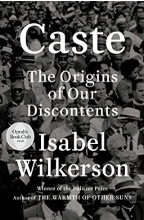
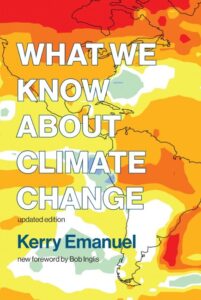
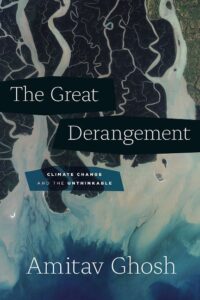
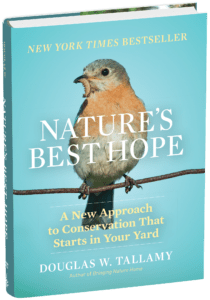
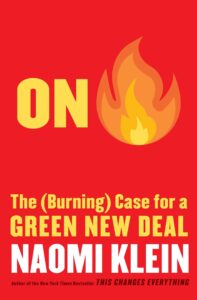
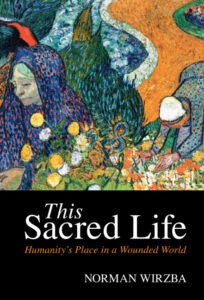
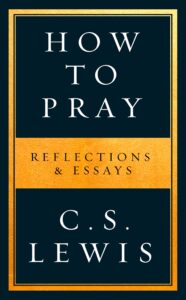
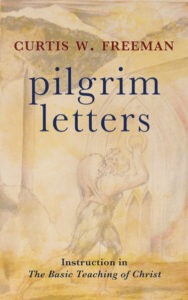
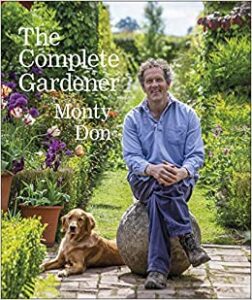
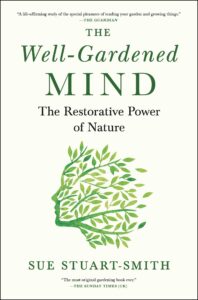
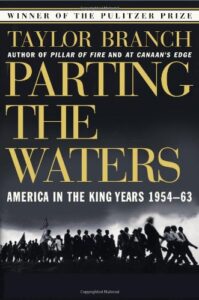
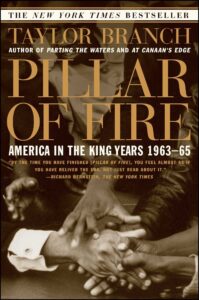
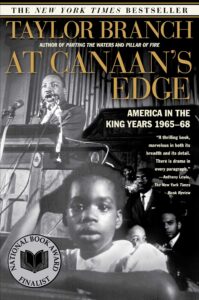
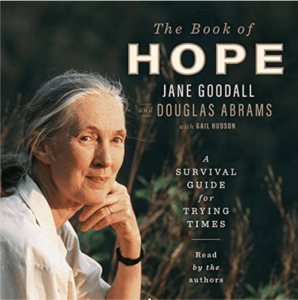
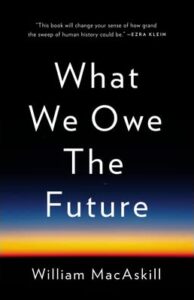
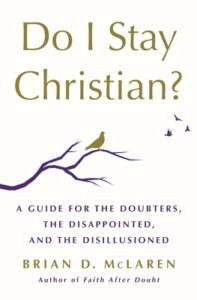
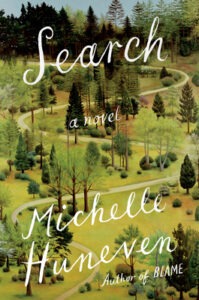
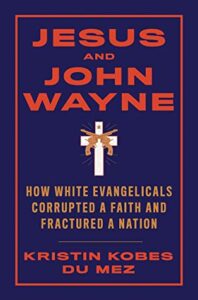
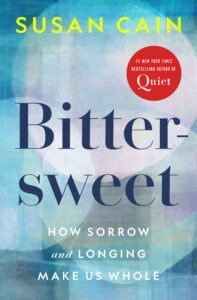
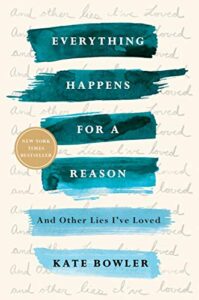
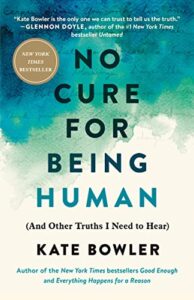
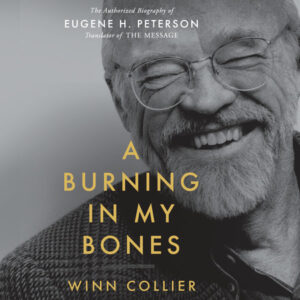
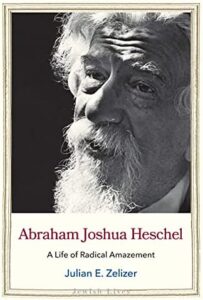
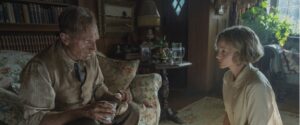
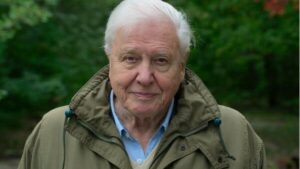
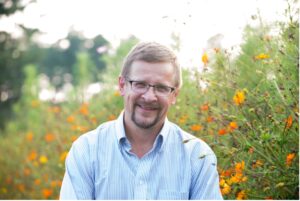
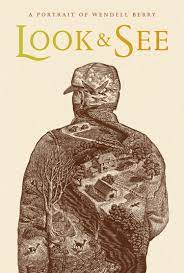
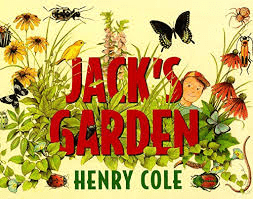
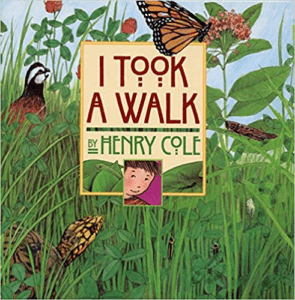
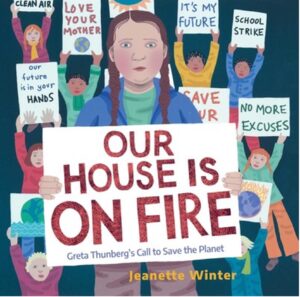
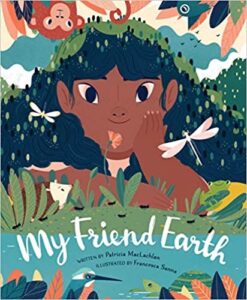
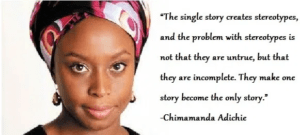 One of the 25 most popular TED Talks of all time, Nigerian author Chimamanda Ngozi Adichie explains why we must never let a single story define a person or culture. Find the video
One of the 25 most popular TED Talks of all time, Nigerian author Chimamanda Ngozi Adichie explains why we must never let a single story define a person or culture. Find the video 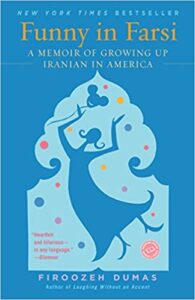 In this hilarious, heartwarming memoir, Firoozeh Dumas shares the story of her immigrant family and how the experience of being Iranian in America has changed over the years. Find this book at your favorite bookstore or at
In this hilarious, heartwarming memoir, Firoozeh Dumas shares the story of her immigrant family and how the experience of being Iranian in America has changed over the years. Find this book at your favorite bookstore or at 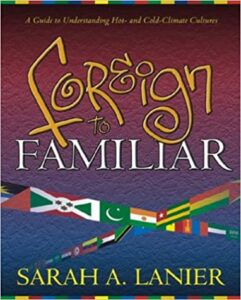
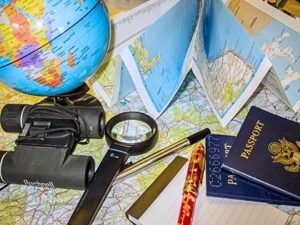
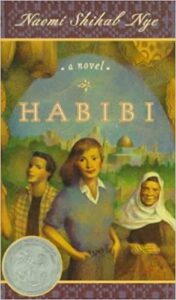 Habibi, a young adult novel by acclaimed San Antonio author Naomi Shihab Nye, tells the story of a teenage girl from an Arab American family who experiences life and love in the West Bank. Find this book at your favorite bookstore or at
Habibi, a young adult novel by acclaimed San Antonio author Naomi Shihab Nye, tells the story of a teenage girl from an Arab American family who experiences life and love in the West Bank. Find this book at your favorite bookstore or at 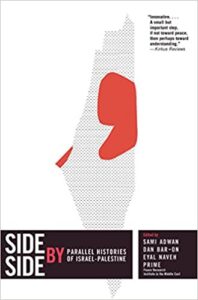 Side By Side: Parallel Histories of Israel-Palestine was edited by university professors hoping to teach Palestinian and Israeli students the history of their own land from “the other side.” Those of us watching from a distance probably have even more to learn. Find this book at your favorite bookstore or at
Side By Side: Parallel Histories of Israel-Palestine was edited by university professors hoping to teach Palestinian and Israeli students the history of their own land from “the other side.” Those of us watching from a distance probably have even more to learn. Find this book at your favorite bookstore or at 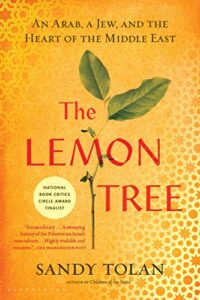 In The Lemon Tree, journalist Sandy Tolan, chronicles the complicated friendship of Dalia, a young Jewish woman whose family fled Europe after the Holocaust, and Bashir, a 25-year-old Palestinian journalist, who longs to visit his childhood home, now owned by Dalia’s family. Find this book at your favorite bookstore or at
In The Lemon Tree, journalist Sandy Tolan, chronicles the complicated friendship of Dalia, a young Jewish woman whose family fled Europe after the Holocaust, and Bashir, a 25-year-old Palestinian journalist, who longs to visit his childhood home, now owned by Dalia’s family. Find this book at your favorite bookstore or at 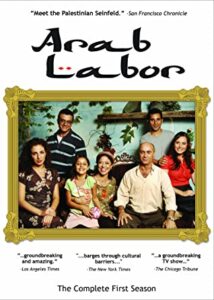 Arab Labor, a sitcom shown on Israeli TV, is an often hilarious, sometimes more serious look at an extended Palestinian family’s daily joys and struggles. Find the Season 1 DVDs at
Arab Labor, a sitcom shown on Israeli TV, is an often hilarious, sometimes more serious look at an extended Palestinian family’s daily joys and struggles. Find the Season 1 DVDs at